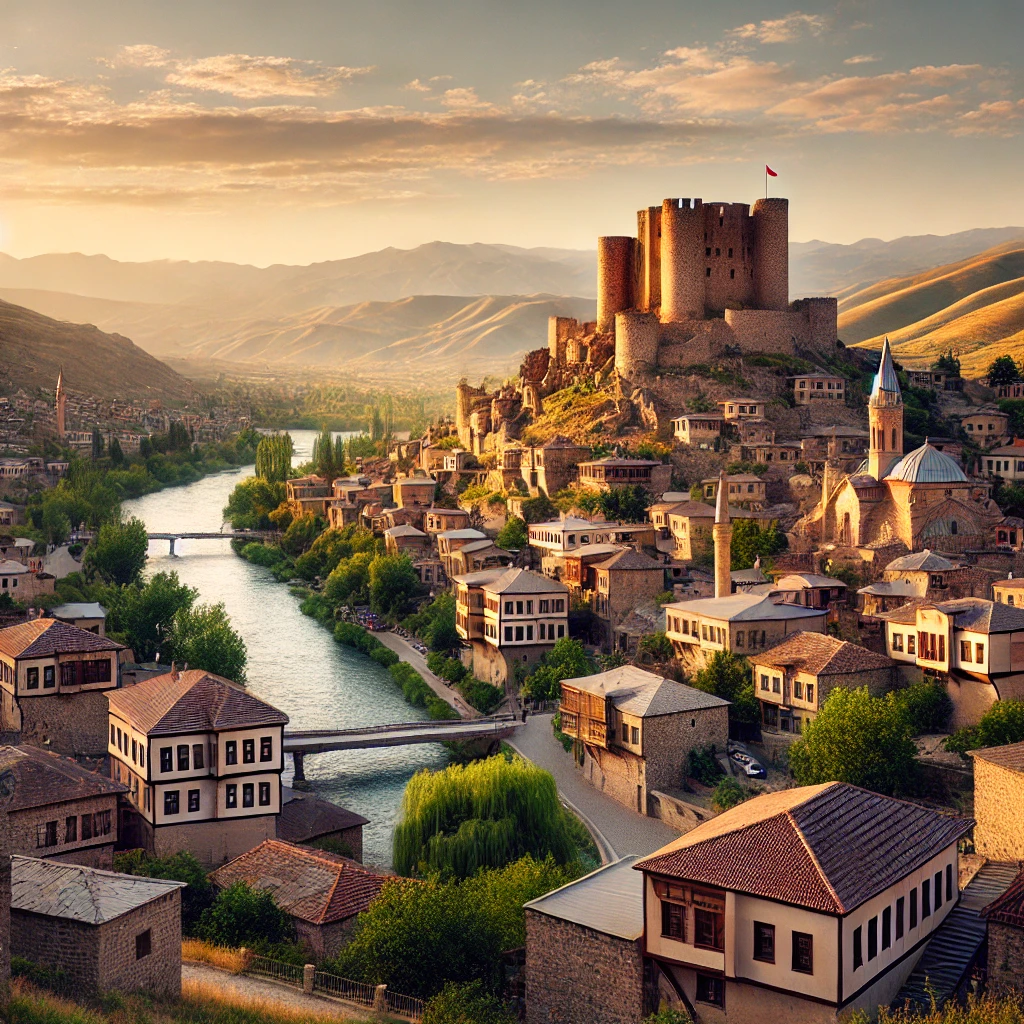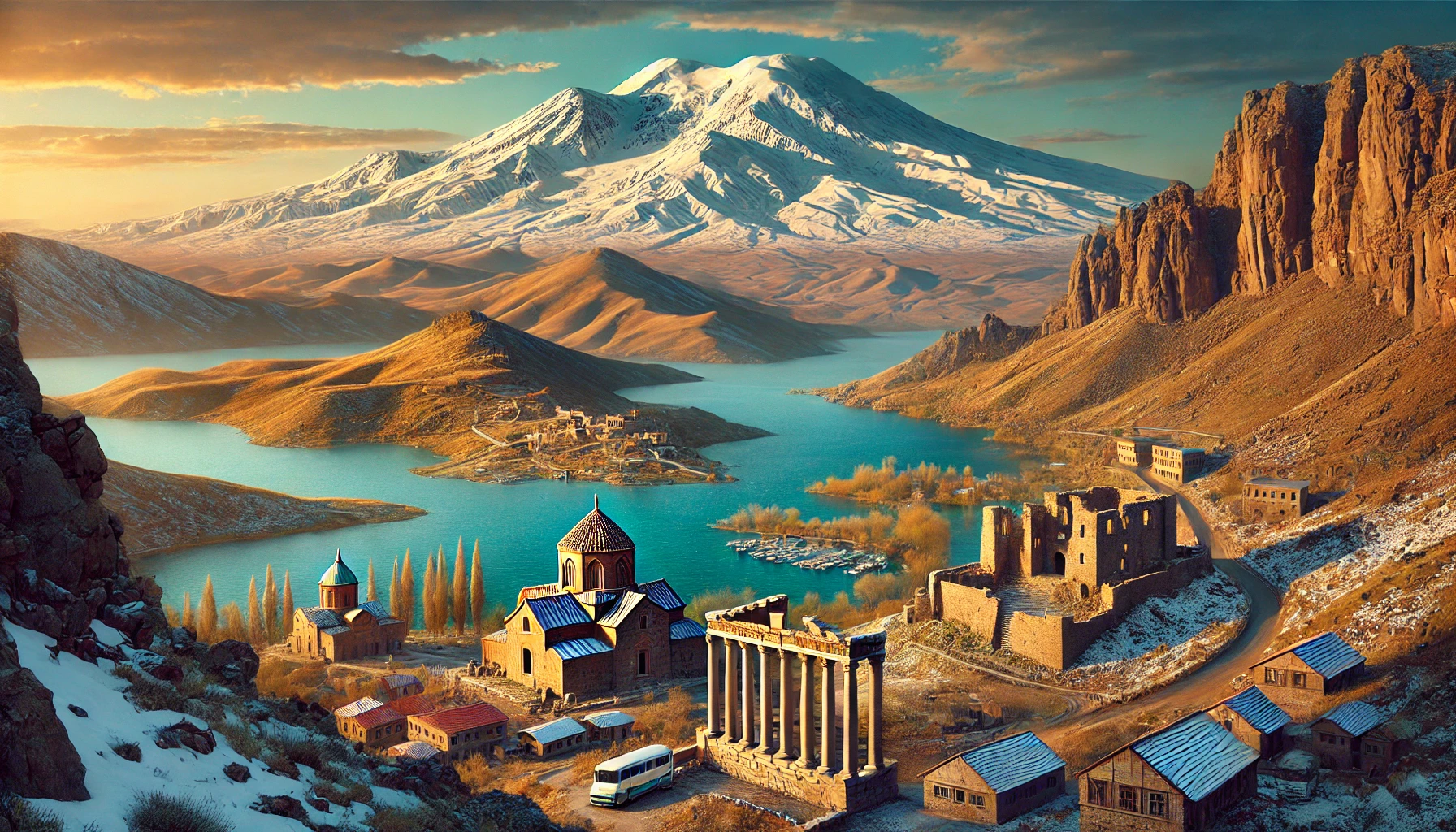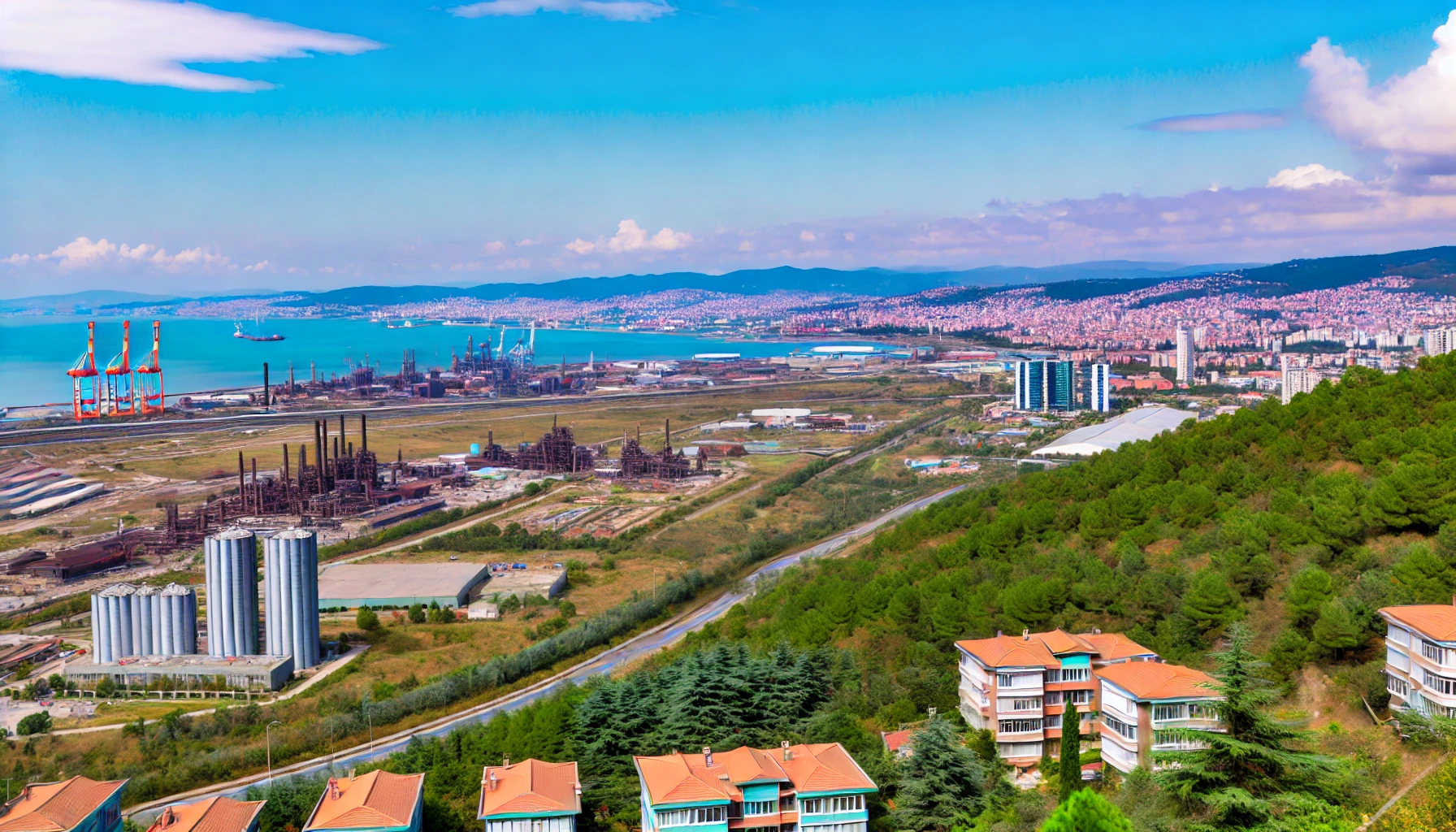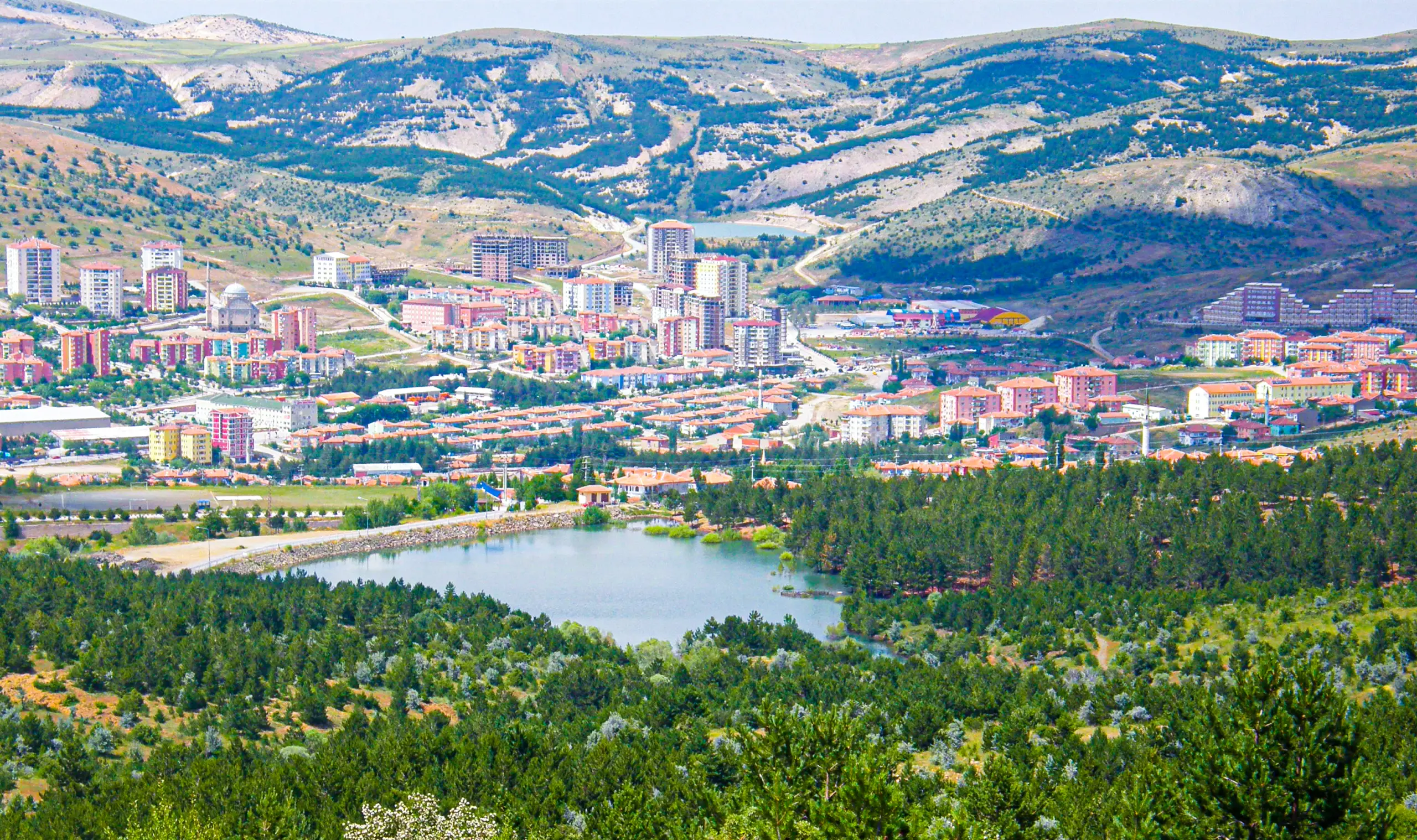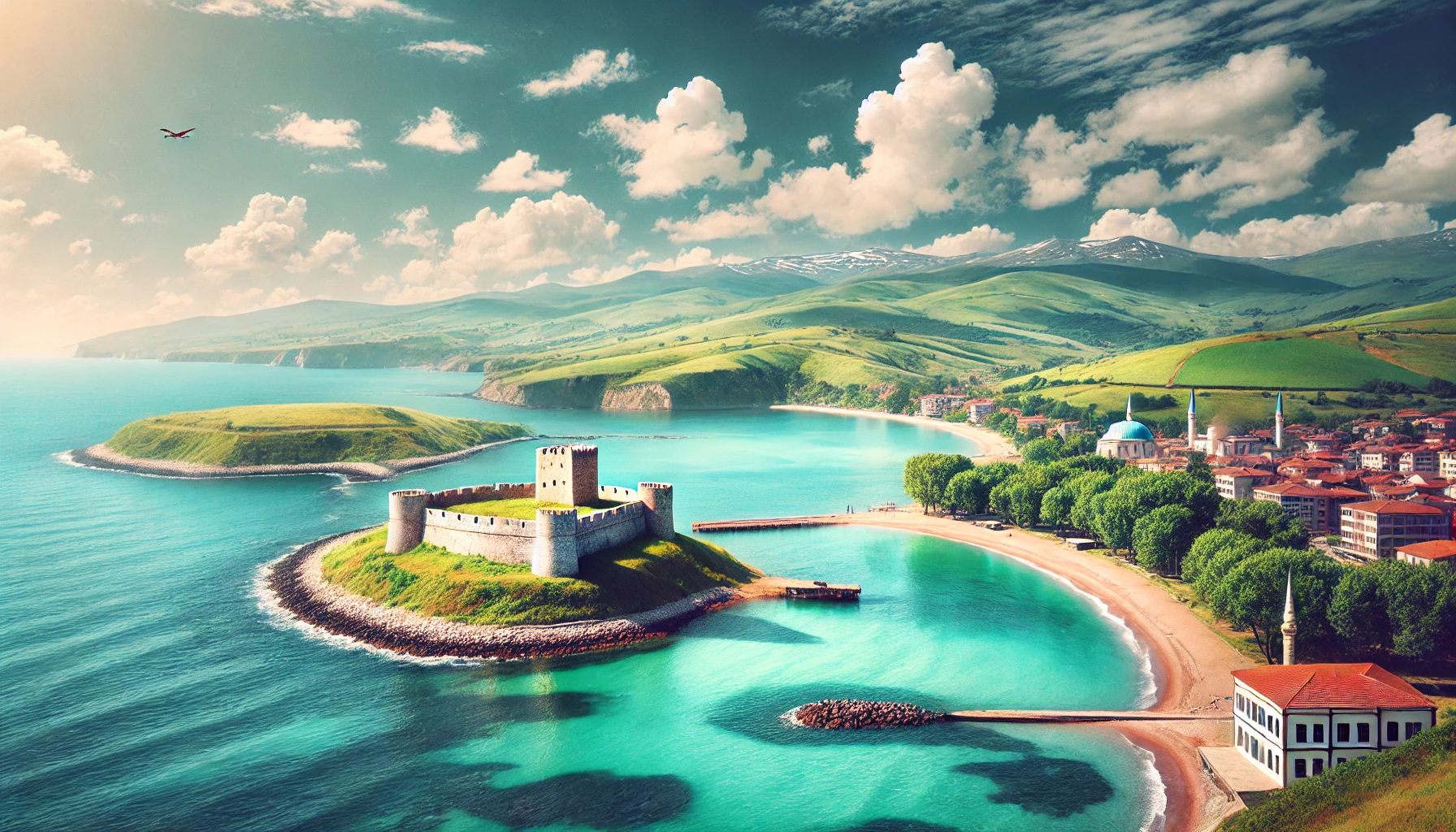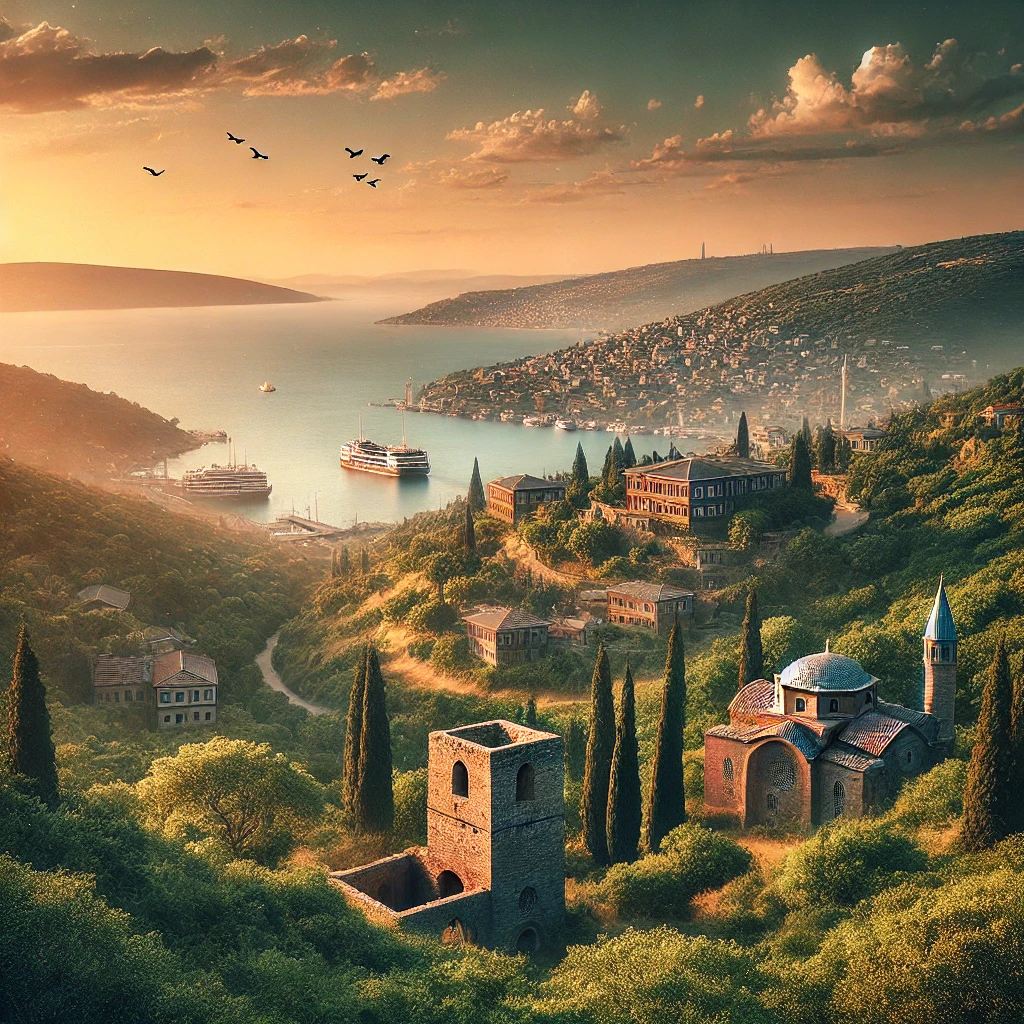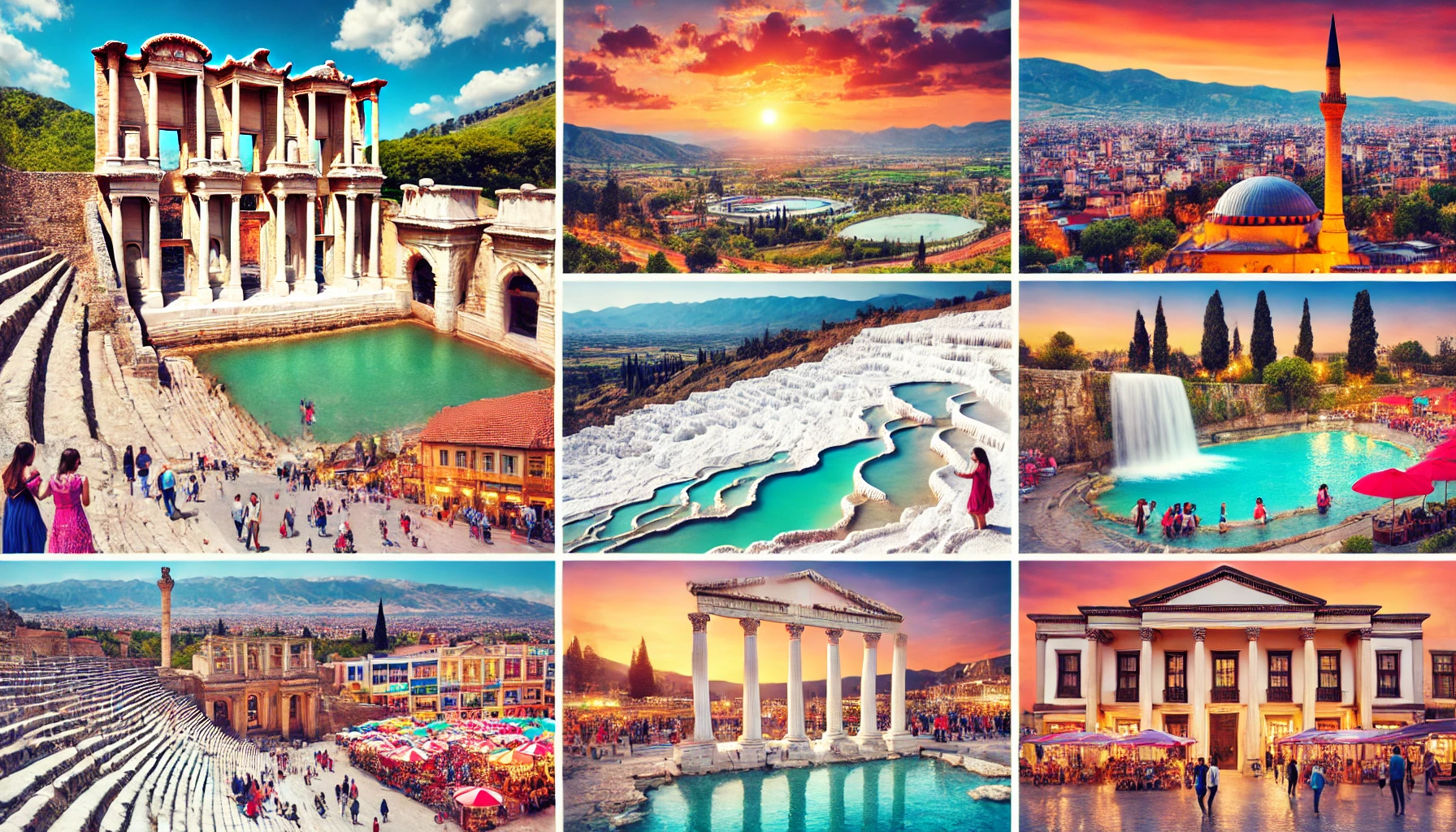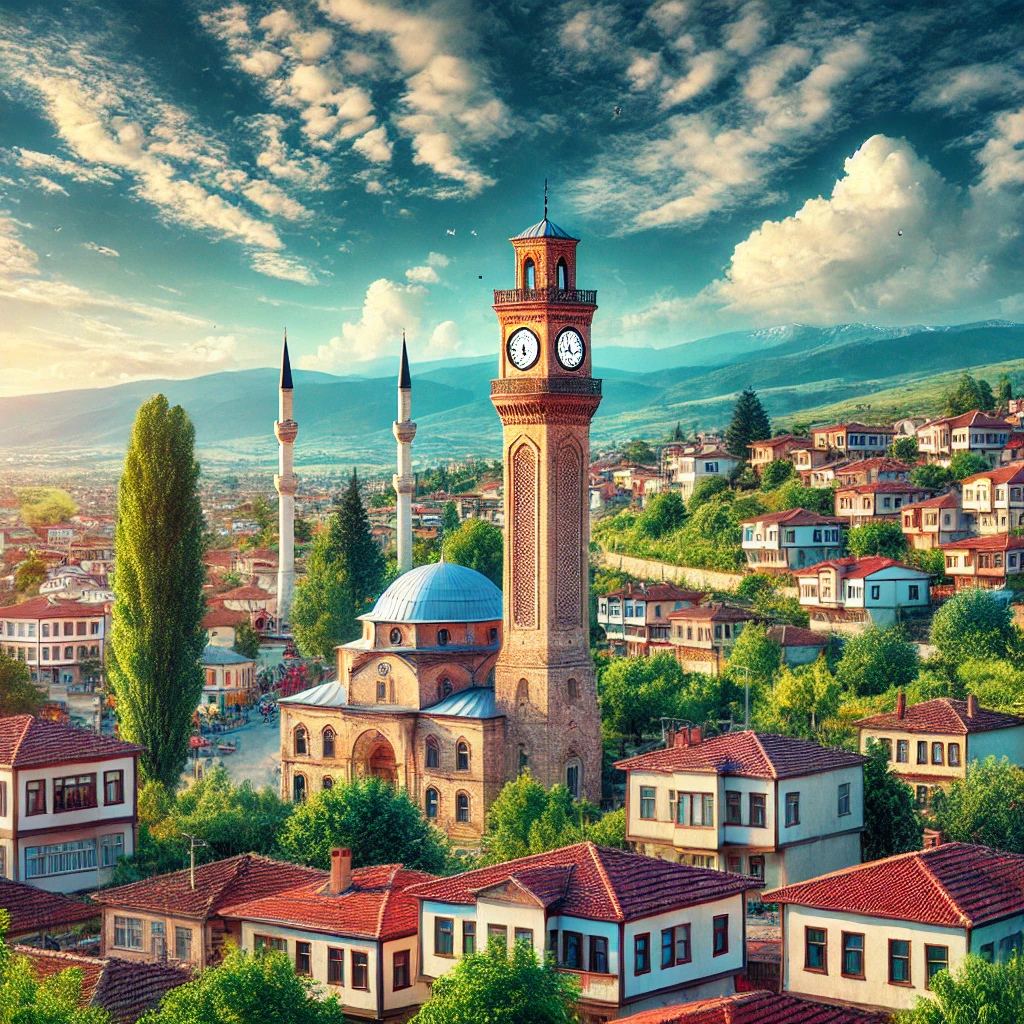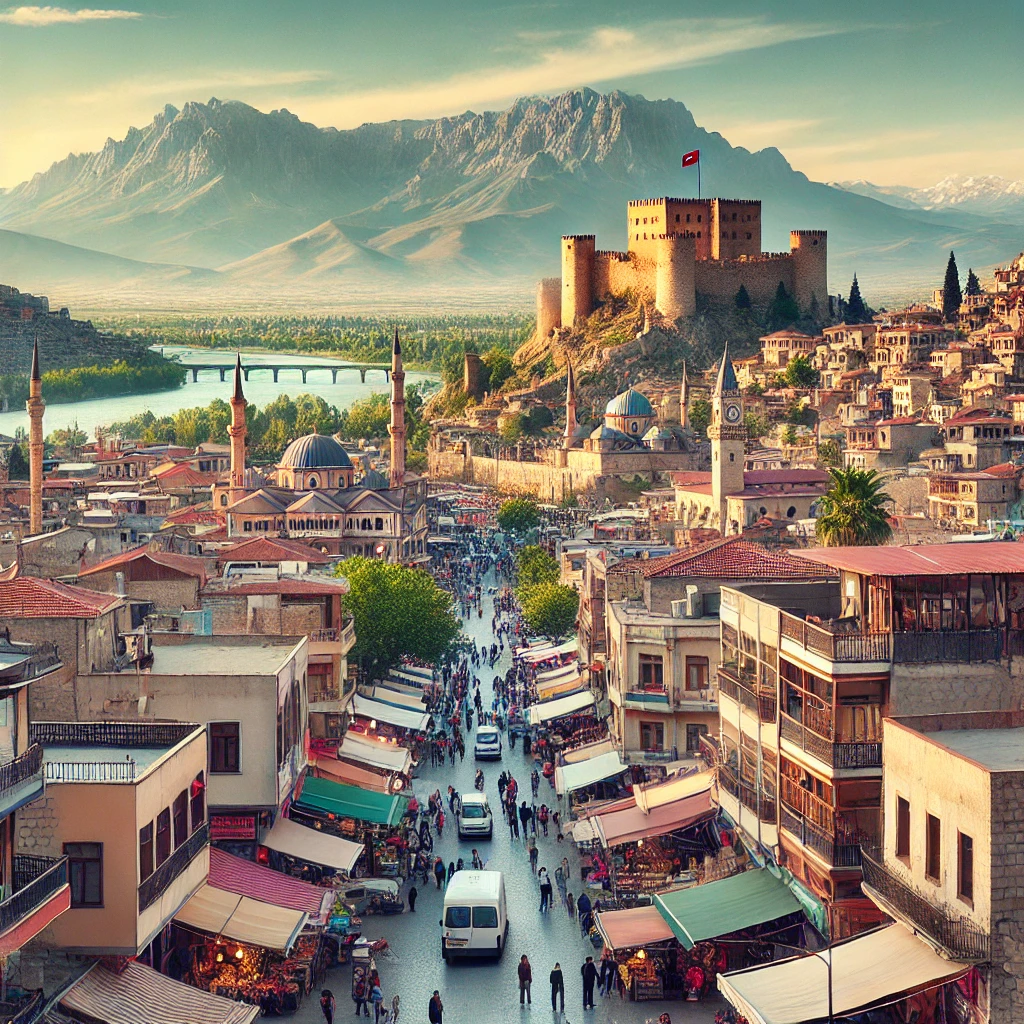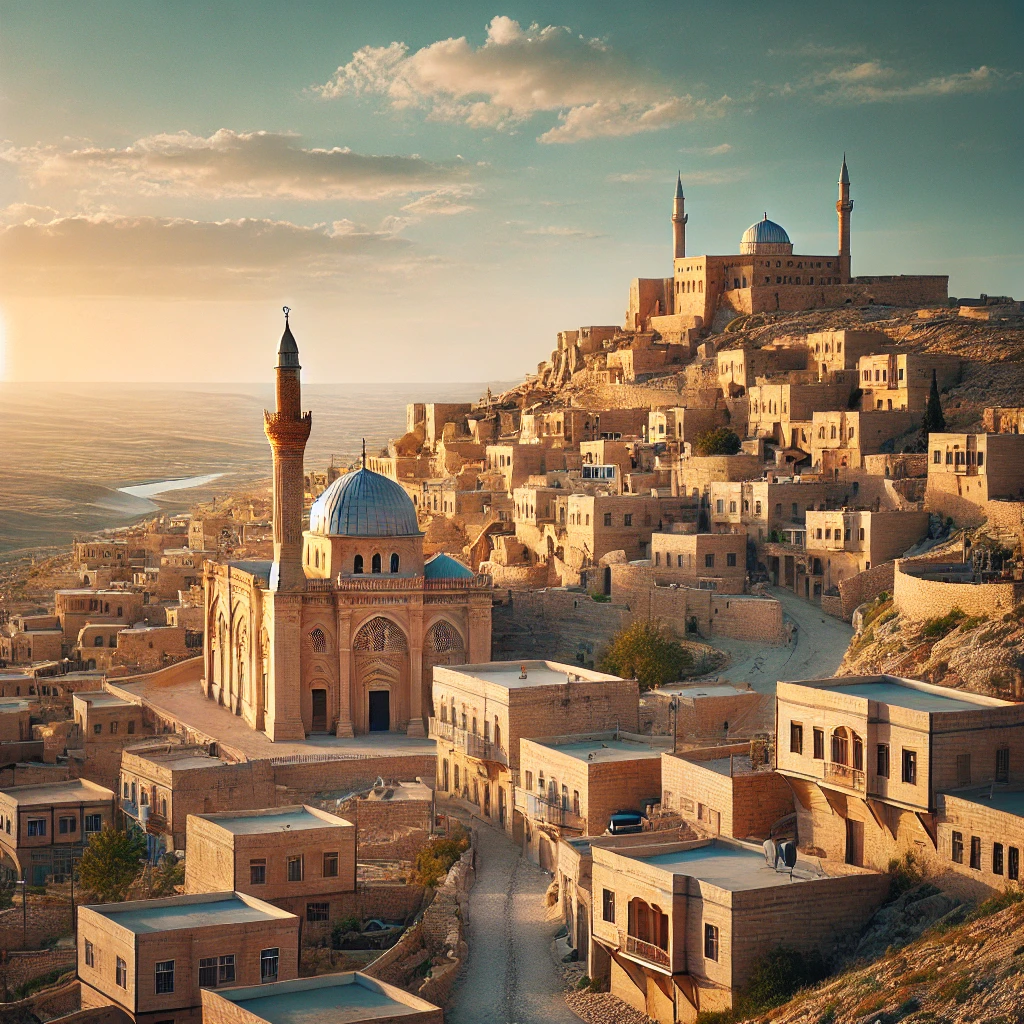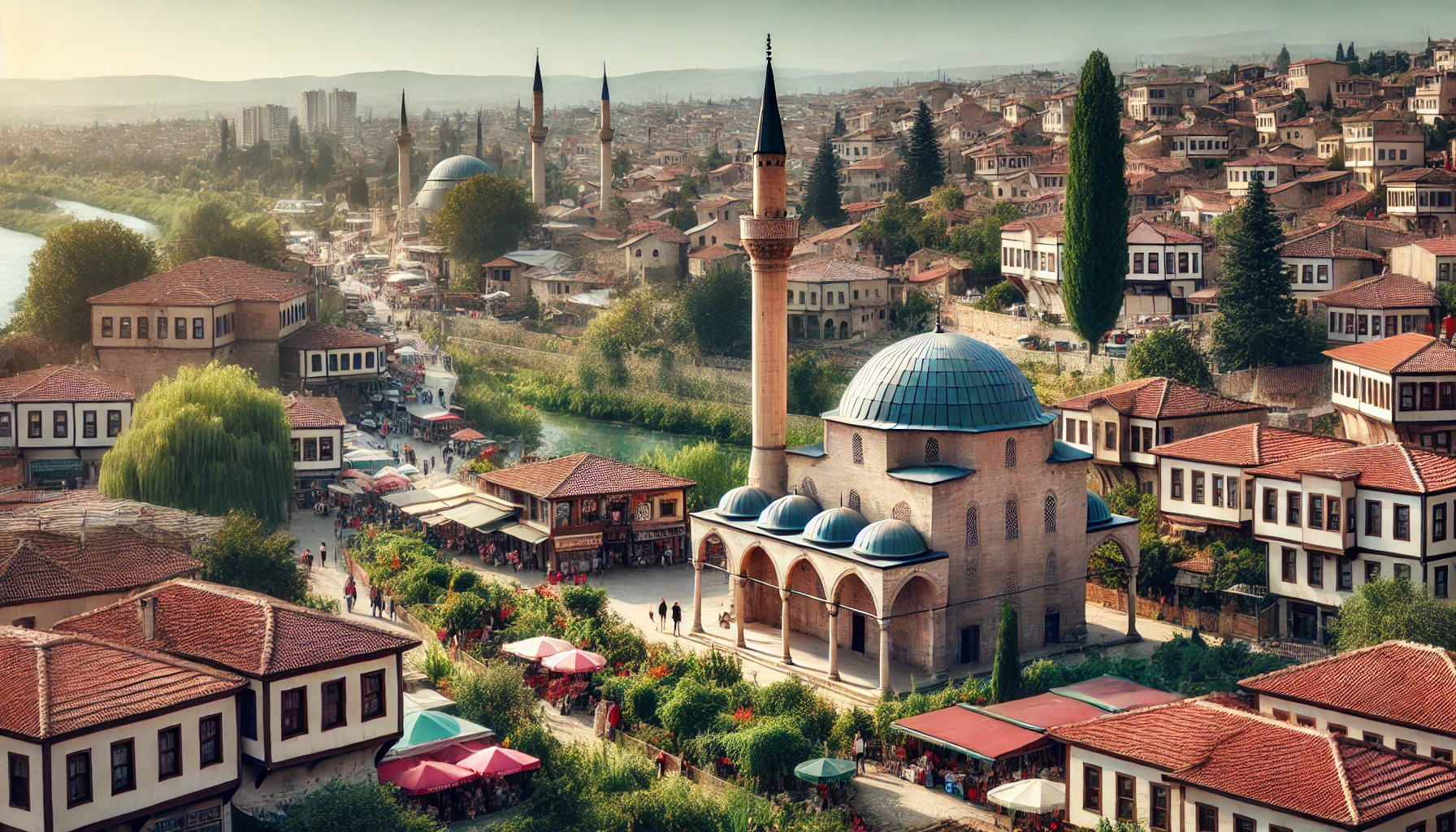Discovering the Hidden Gem of Bitlis: A Journey Through History and Culture
Bitlis, a city nestled in the heart of southeastern Turkey, offers a rich tapestry of history, culture, and natural beauty. With a population of approximately 53,023 people as of 2021, Bitlis is the seat of Bitlis District and Bitlis Province. The city is situated at an elevation of 1,545 meters, just 15 km from Lake Van, in the steep-sided valley of the Bitlis River, a tributary of the Tigris. This article will take you on a captivating journey through Bitlis, highlighting its historical significance, cultural richness, and the many attractions that make it a must-visit destination for travel enthusiasts.
The Historical Legacy of Bitlis
Ancient Bitlis
Bitlis has a storied past that stretches back to ancient times. The name Bitlis is shrouded in mystery, with some attributing its origin to “Lis/Batlis,” a general who allegedly built Bitlis Castle by the order of Alexander the Great. To Armenians, it was known as Baghaghesh or Baghesh. The city was a vital part of the Kingdom of Armenia’s province of Aghdznik’, serving as the primary fortress of the province’s canton of Salnodzor. The fortress of Baghesh guarded the Baghesh Pass, a critical route linking the Armenian Plateau to northern Mesopotamia.
Medieval Bitlis
Under the Byzantine Empire, Bitlis was known as Balaleison. The Arabs conquered Baghesh at the end of the seventh century, making it the capital of the Zurārid emirs of Arzan. Due to its strategic location on an important trade route, the city prospered greatly. The turbulent history of the town continued with the Shaybanid emirs taking control in the first quarter of the tenth century, followed by the Kaysite emirs of Manzikert. The Byzantine general John Curcuas captured and annexed Baghesh in 929-30. By the end of the tenth century, the city fell into the hands of the Kurdish Marwanid dynasty after breaking from Buyid rule.
The Kurdish Emirate of Bitlis
Bitlis emerged as a Kurdish emirate from the 13th to the 19th century, often maintaining a measure of independence despite being subordinate to larger powers. The emirate’s rulers, the Kurdish Rusaki family, were vassals of the Karakoyunlu and later the Aq Qoyunlu (White Sheep Turkomans). During this period, Bitlis became a center for Armenian manuscript production, with several monasteries built by the Kurdish emirs. The emirate eventually fell under Ottoman control, with Bitlis becoming a vilayet capital in the Ottoman Empire.
Modern Bitlis
Bitlis in the 19th and 20th Centuries
In the 19th century, Bitlis had a diverse population, including Muslims, Armenians, and Assyrians. The city’s population was reported to be around 30,000 in 1898, with Armenians forming a significant portion. However, the Armenian genocide during World War I drastically changed the demographic landscape. The Russian offensive in 1916 briefly captured Bitlis, but the city was later recaptured by Turkish forces.
Bitlis Today
Today, Bitlis is a vibrant city with a blend of historical and modern attractions. The local economy is mainly based on agricultural products, including fruits, grain, and tobacco. The city’s industry deals primarily with leatherworking, manufacturing tobacco products, and weaving and dyeing coarse cloth. Bitlis is well-connected to other urban centers, including Tatvan on Lake Van, Muş, and Diyarbakır.
Exploring Bitlis: Must-Visit Attractions
Bitlis Castle
One of the most iconic landmarks in Bitlis is Bitlis Castle, which stands on a rocky peak overlooking the city. The castle has a rich history, with its origins dating back to the medieval period. It was rebuilt by the Saltukid ruler Mugis-al-Din Tugrul Sah between 1200 and 1230. The massive walls and quality masonry make it one of the finest castles in Anatolia, despite its partial destruction during the early 19th century.
Ahlat Seljuk Cemetery
Located near Lake Van, the Ahlat Seljuk Cemetery is another must-visit site. This historic cemetery is home to thousands of intricately carved tombstones dating back to the Seljuk period. The cemetery offers a glimpse into the rich cultural heritage of the region and is an important site for those interested in medieval Islamic architecture.
The Dome of Dede Korkut
Approximately 30 kilometers from Bitlis, in the village of Masat, lies the Dome of Dede Korkut. This historical site has been a focal point for cultural and art festivals since 1995. The dome, also known as Ali Baba and Korkut Ata, was restored in 1994 and has gained importance as a cultural heritage site, even being included in UNESCO’s Representative List of the Intangible Cultural Heritage of Humanity.
Nemrut Crater Lake
Bitlis is also home to the stunning Nemrut Crater Lake, one of the largest caldera lakes in the world. The lake, formed in the crater of the dormant Nemrut Volcano, offers breathtaking views and a unique natural landscape. It’s a popular spot for hiking, picnicking, and enjoying the serene beauty of nature.
Güroymak Hot Springs
For those seeking relaxation, the Güroymak Hot Springs offer a perfect getaway. Located near Bitlis, these natural hot springs are known for their therapeutic properties and provide a tranquil environment for visitors to unwind and rejuvenate.
The Architectural Beauty of Bitlis
Bitlis is renowned for its well-preserved medieval and traditional architecture. The city’s buildings are constructed from locally quarried light-brown stone, known as Ahlat stone. These structures, commissioned mostly by local Kurdish rulers, display a conservative architectural style reminiscent of the Seljuq period.
Mosques and Madrassas
The city is home to numerous late-medieval Islamic buildings, including mosques, madrassas, and tombs. Notable examples include the 12th-century Ulu Mosque with its 15th-century minaret, and the Gokmeydani Medresesi and Sherefiye Mosque from the sixteenth century. These buildings reflect the rich Islamic architectural heritage of the region.
Historical Houses
Bitlis is also notable for its many old houses. These impressive structures are built of cut stone and often feature two or three stories. Ground floors were typically used for storage and stables, while the residential quarters were located on the upper floors. The houses have flat roofs covered with beaten clay and are well-lit on the upper floors. Unlike traditional houses in nearby Erzurum or Van, Bitlis houses do not have bay windows or balconies.
The Climate of Bitlis
Bitlis experiences a Mediterranean-influenced humid continental climate, with hot, dry summers and cold, snowy winters. The city receives significant snowfall, with the highest recorded snow depth being 343 cm (135 inches). The climate adds to the city’s unique charm, offering different experiences for visitors throughout the year.
The Economy of Bitlis
Historically, Bitlis has been known for its agricultural products, including fruits, grain, and tobacco. The city’s economy is also supported by industries such as leatherworking, tobacco manufacturing, and textile production. Despite its limited industrial base, Bitlis continues to thrive through its agricultural exports and local craftsmanship.
Conclusion: Embrace the Charm of Bitlis
Bitlis, with its rich history, cultural heritage, and natural beauty, offers an unforgettable experience for travelers. Whether you’re exploring its ancient fortresses, marveling at its medieval architecture, or simply enjoying the serene landscapes, Bitlis promises a journey filled with discovery and wonder. Plan your visit to this hidden gem in southeastern Turkey and immerse yourself in the captivating allure of Bitlis.
Latest Update: Aug 4, 2024
Your Content Goes Here
TAGS: agriculture, Ahlat Seljuk Cemetery, Armenian history, Bitlis, Bitlis Castle, Bitlis climate, Bitlis culture, Bitlis District, Bitlis economy, Bitlis Province, Bitlis River, Bitlis weather, coarse cloth, Diyarbakır, Güroymak Hot Springs, historical sites in Bitlis, Kurdish history, Lake Van, leatherworking, medieval architecture, Muş, Nemrut Crater Lake, Ottoman Empire, southeastern Turkey, Tatvan, Tigris tributary, tobacco products, tourism in Bitlis, travel to Bitlis, weaving
The Region of Bitlis
A brief summary of the key points in this article.
Latest Travel Guides
Weather Today in Bitlis, Turkey
Location: Bitlis Province
Temperature: -4.14°C
Condition: Few clouds

